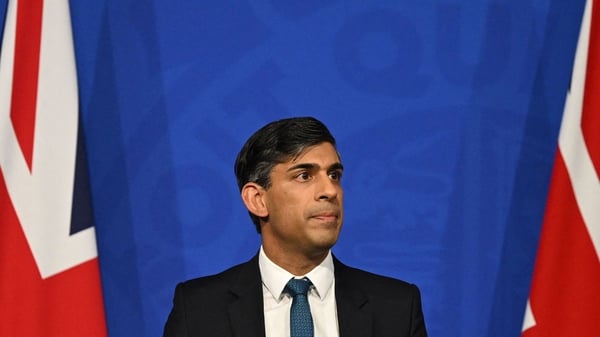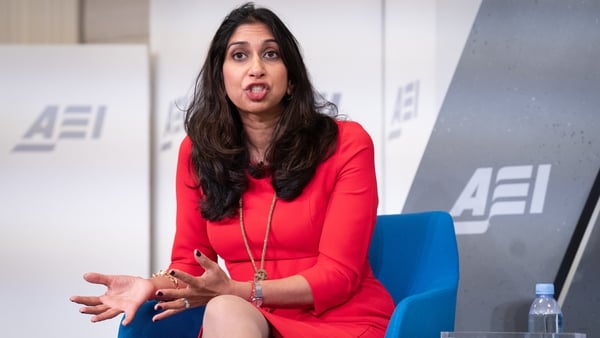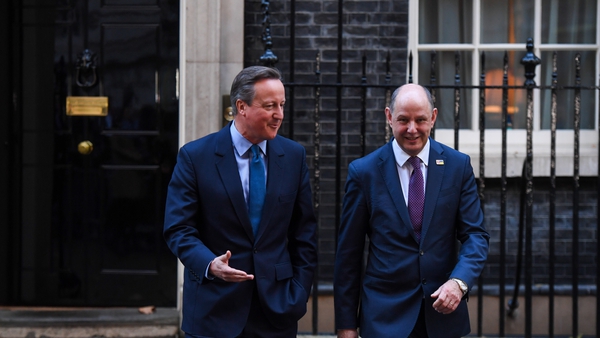A new report has cast doubt on the ability of a new Labour government in Britain to negotiate closer trading arrangements with the EU.
A study by the think tank UK in a Changing Europe says there is little incentive for the EU to renegotiate current arrangements.
Labour leader Keir Starmer has said the five year review of the Trade and Cooperation (TCA) agreement in 2025 could be used to agree a closer deal between the UK and EU.
Mr Starmer has ruled out rejoining the Single Market or the customs union or allowing free movement.
However it is Labour party policy to reach a veterinary agreement with the EU to reduce checks on agri-food trade.
They also want a mutual recognition of professional qualifications.
Mr Starmer has also talked about closer cooperation in areas such as security, innovation and research.
However the UKICE report points out that the EU has a problem of trust with the UK and there is a reluctance to renegotiate the TCA which had to receive the endorsement of all member states.
"The UK will have to remain mindful of the wider political picture in the EU, and how any significant changes to the agreement could disrupt harmony between the 27 member states, or lead to charges from other third countries that the UK is being granted special treatment".
It points out that the EU's stated position is that the review in 2025 or 2026 is only a commitment to examine the TCA's implementation, not to revisit or amend the agreement.
The UKICE report states that "there is a strong sense of Brexit fatigue in Brussels".
It points out that the UK has still not implemented existing agreements - the British government recently postponed controls on EU imports for the fifth time.
"The EU will also be hesitant to engage in negotiations unless it believes future governments will uphold whatever is agreed."
The report notes that the EU has other priorities such as the war in Ukraine and rising tensions with China.
The next decade will be about preparing the EU for enlargement rather than relations with a former member, it states.
The report also says that renegotiation of the TCA might not be worth the time and political risk for a Labour government which would potentially be facing a smaller, more Eurosceptic Conservative opposition.
While agreements on animal and plant health standards or mutual recognition of professional qualifications could take years to negotiate they would not fundamentally alter the trading relationship as Britain would still be outside the Single Market.
The report does point out that Britain has some bargaining chips.
There is concern in some EU members states about the lack of access for young people to universities in the UK.
And the UK has alot to offer in the area of defence because of its expertise and resources.
However it concludes "the EU is tired of Brexit, has many higher priorities, and is generally happy with a trade deal which favours trade in goods over trade in services. The onus will therefore be on the UK government to persuade politicians in the EU, if it wants to build on the current relationship."
Anand Menon, director of UKICE said Mr Starmer has failed to explain how "tinkering" with the TCA will make a meaningful economic difference.
"Moreover, he runs the risk of demanding more than the European Union is willing to give.
"The key for a Labour government will be figuring out a way to provide the EU with an incentive to restart negotiations over Brexit".






